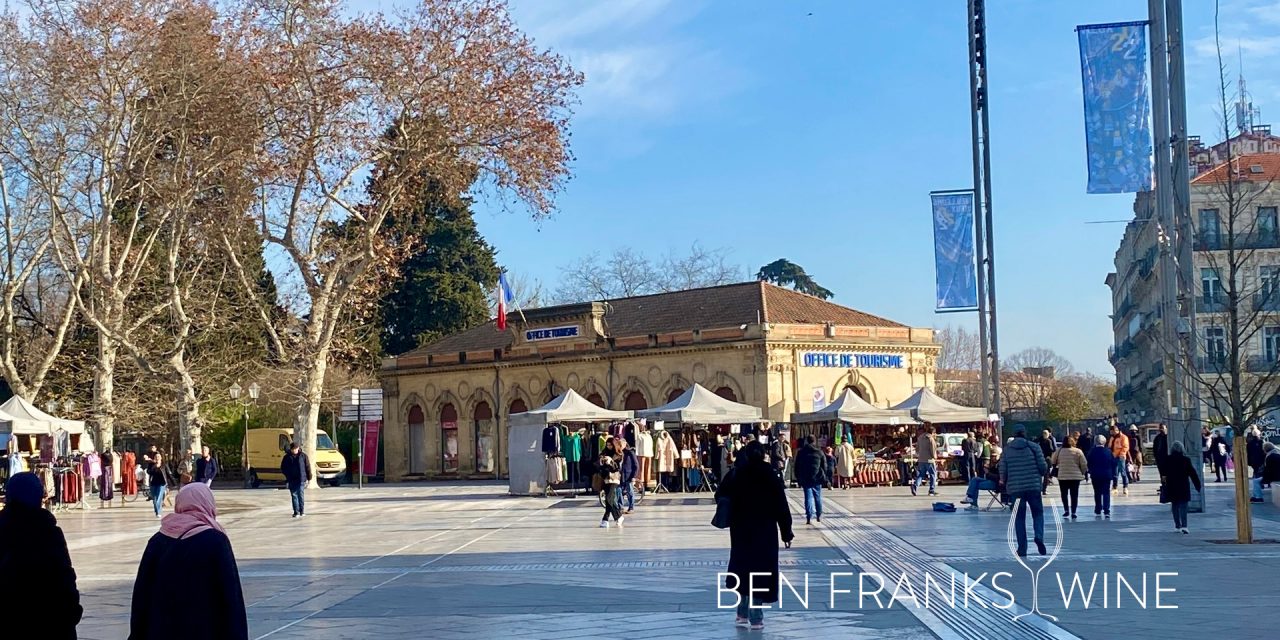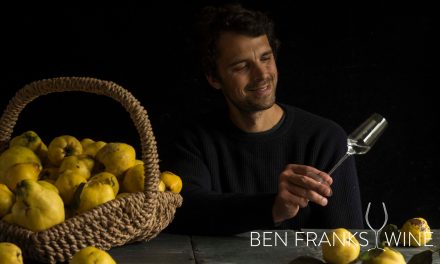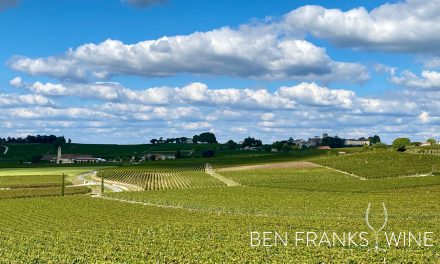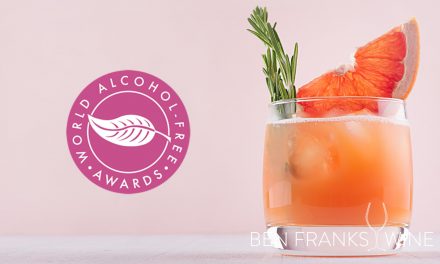While Bordeaux is being incentivised to dig up its vines, the area dedicated for organic vineyards in France has doubled in the last five years to meet growing demand. Ellie Scott caught up with Millésime BIO president Jeanne Fabre and tasted some of the latest releases of organic wines to see why quality remains a focus for organic winemakers.
Showcasing 1,500 exhibitors and welcoming over 11,000 visitors over three days, Millésime BIO is the largest organic wine fair in the world. The fair is organised by SudVinBio, the marketing board for organic winegrowers in L’Occitanie, and held in the heart of the region. L’Occitanie is itself the largest wine-growing region in France encompassing 263,000 hectares. At its 31st edition at the end of January 2024, President of Millésime BIO, Jeanne Fabre, shared her thoughts about how both the fair and the organic wine industry have evolved since the first edition, and what she hopes for the future.
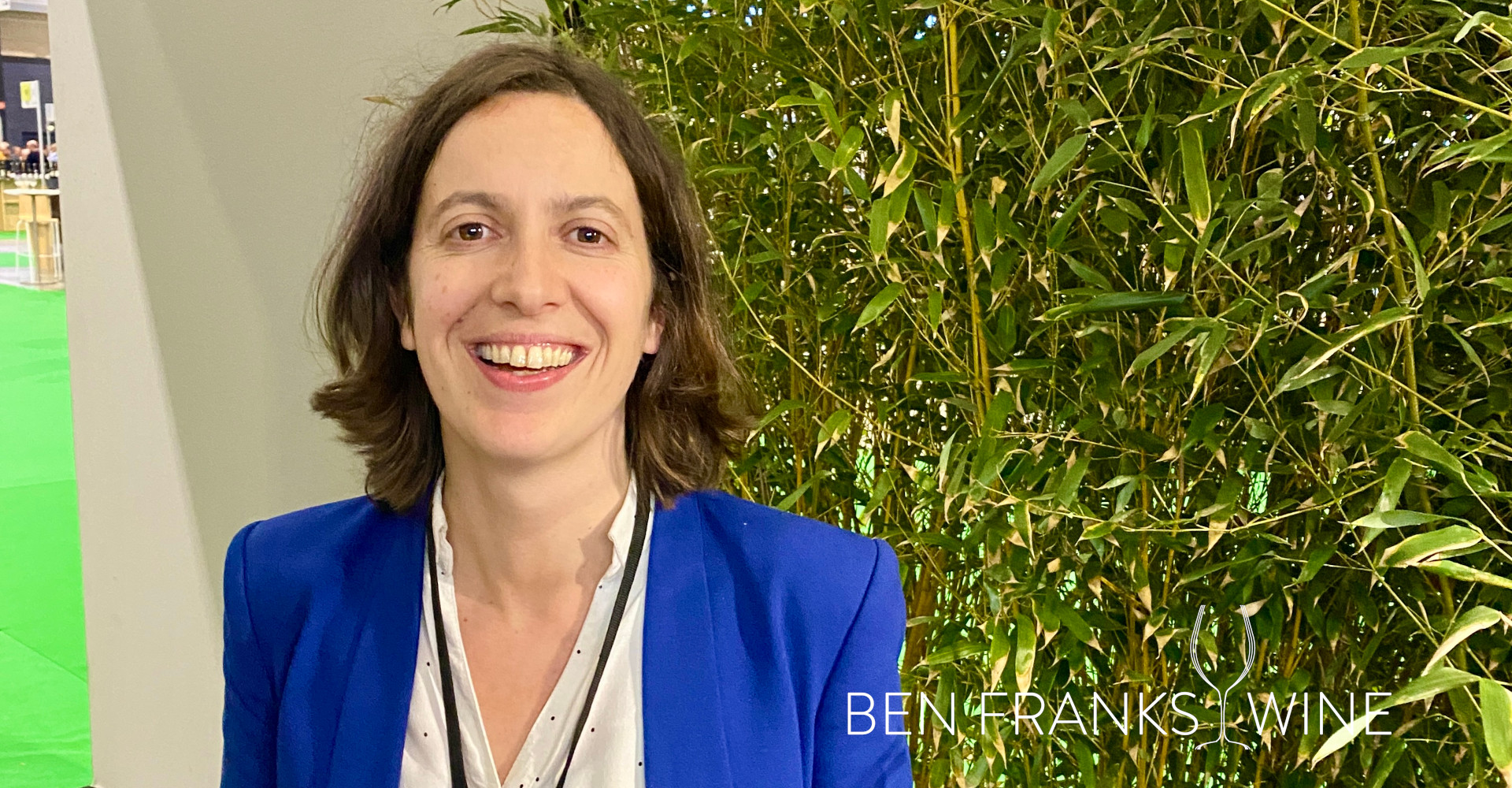
Millésime BIO president Jeanne Fabre.
Held at the Exhibition Centre in the southern French city of Montpellier, the sheer scale of Millésime BIO is somewhat overwhelming at first, with row upon row of identical stands in four enormous halls. No matter the size or prestige of the producer, every exhibitor has the same space to present their wines, in an effort to give equal opportunities to all. While there is a definite French slant to the fair, with all French wine regions represented, there are also organic wine producers from fourteen other countries including Romania, Chile and Greece, as well as ciders, beers and spirits on show. With three days to visit and plenty of space, there are abundant chances for unhurried conversations with winemakers and distributors.
In what Jeanne recognises may be “a nightmare” for buyers looking for wines from only one region, the layout is nevertheless purposeful in mixing exhibitors from different countries and regions. This, she says, is to encourage conversations between producers about the universal challenges of farming organically. For her own part, Jeanne is under no illusions about which is the biggest of those challenges – climate change. At her family’s winery, Famille Fabre, in Corbières in the southwest of France, lack of water is by far the biggest obstacle, and this sentiment was echoed by many at the fair. Desert-like conditions in 2023 mean Jeanne fears for the feasibility of producing wine every year and she has been concentrating on diversifying at the 14th generation winery, planting less water-hungry quinces for cider and planning wine tourism offerings.
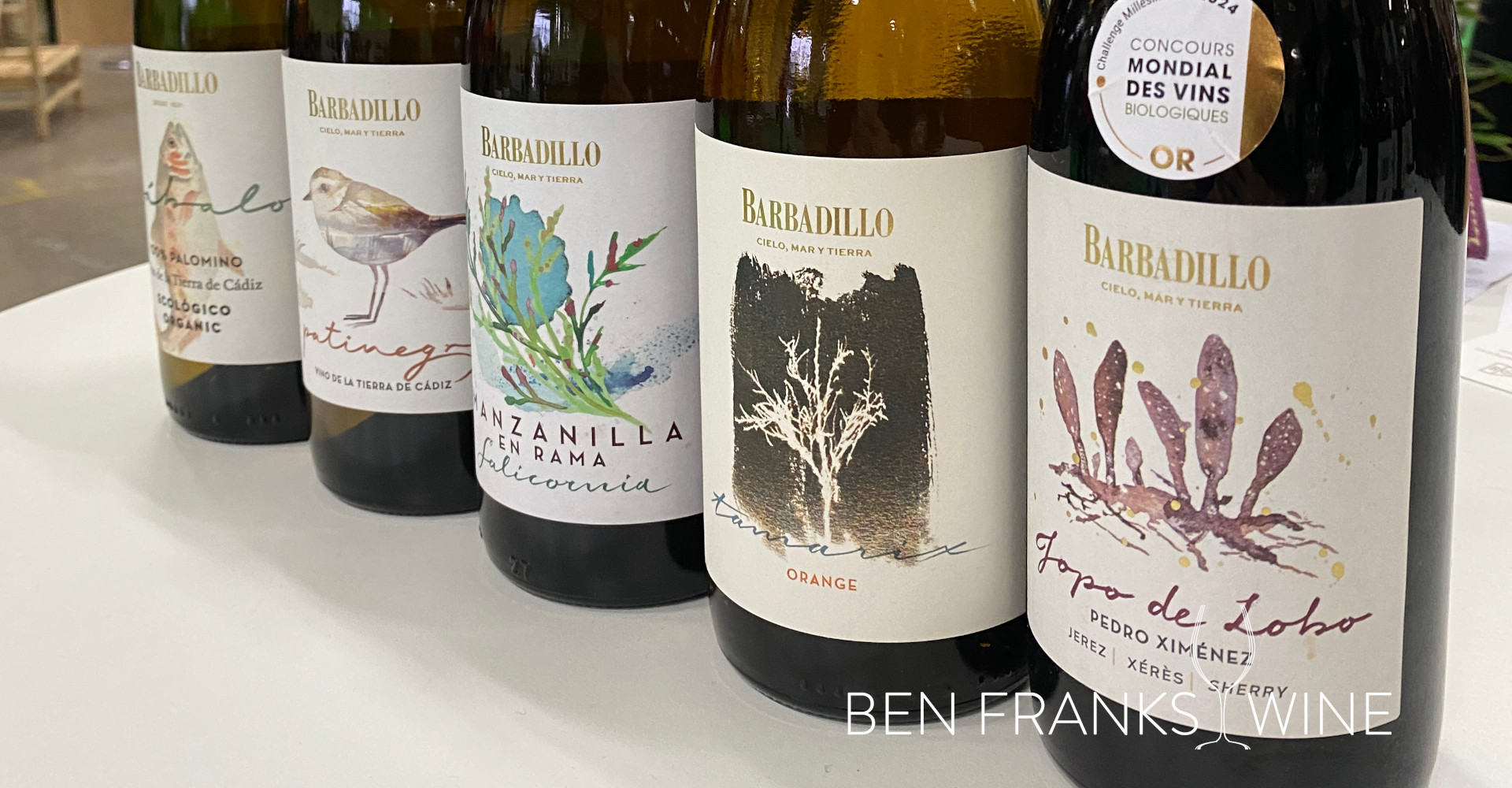
Barbidillo’s organic sherries.
Millésime BIO started in 1993 as a group of 15 friends sharing wines and contacts. Founded by winemakers, for winemakers, the organisers are keen to retain this identity, but Jeanne is also very clear about the reason for the fair: “we are here to sell wine”. In future years, she would like to see the fair itself incorporate a sales element. In the meantime, this year ‘La Fête du Vin Bio’ festival was started, to involve bars and restaurants in Montpellier in the celebration of organic wines throughout the week of the fair. This initiative forms part of the recognition that while the fair is for wine trade professionals only, engagement is also needed by those who matter most – consumers.
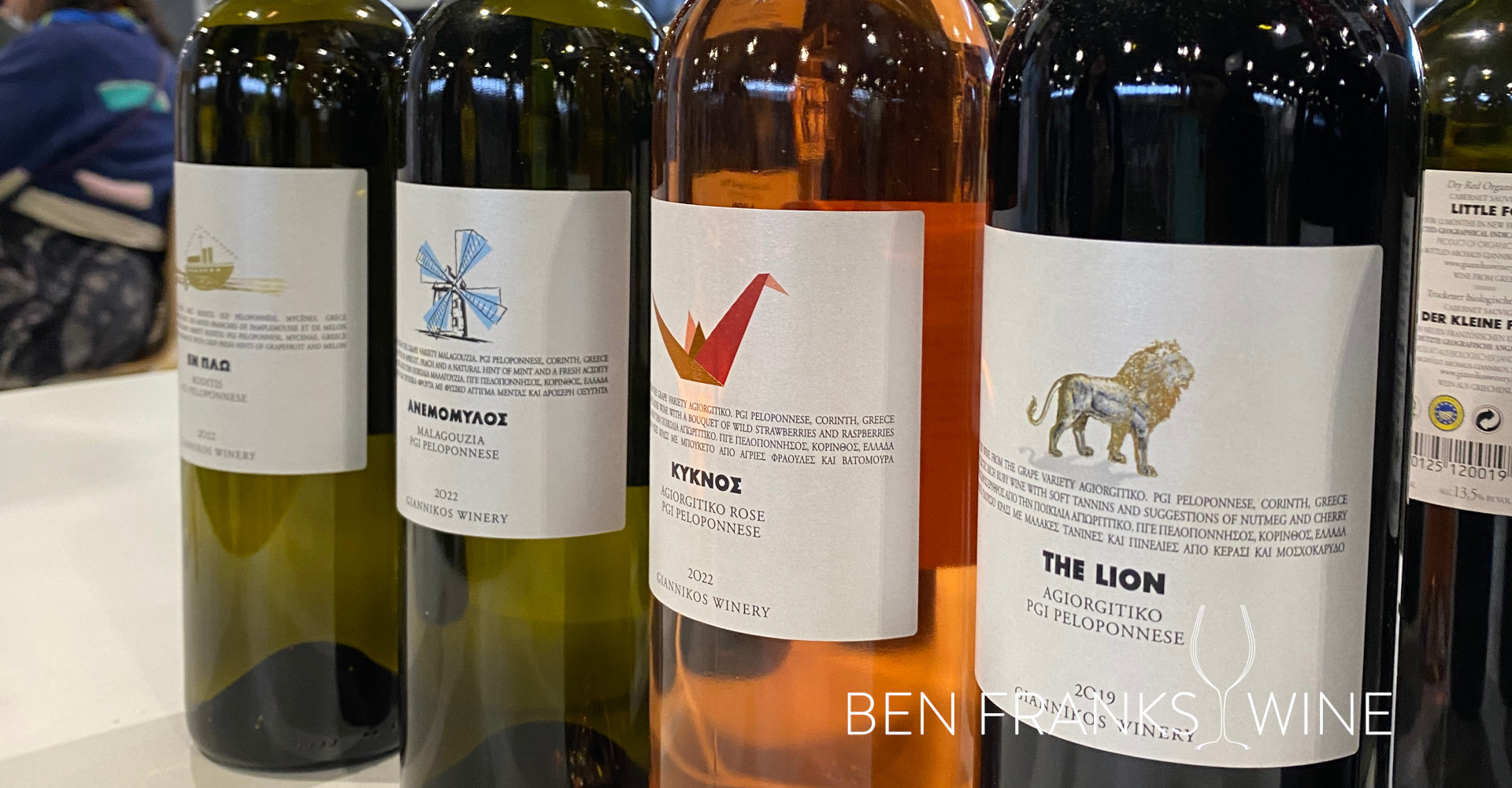
Some of the organic Greek wines available at the show.
In the shadow of large-scale protests by farmers across France, Jeanne is frank about how wine is ultimately an agricultural product facing many of the same challenges, with a need to protect distribution networks as well as continue valuing the commitment of producing wine organically. Millésime BIO, as a promoter of organic wine, is keen to both improve the quality of the offering and increase demand. Education of new consumers and finding new export markets will be key. Some of those new markets are starting to appear, with increased volumes of organic wine meaning visitors from monopoly markets such as Sweden are starting to attend the fair, as well as visitors from Asia and North America.
There are many positives to be found in this story: more producers are becoming sustainable and organic, more organic wine is being produced, and, according to an independent report commissioned this year, organic wine drinkers span all ages and social classes. On the flip side, there are clear challenges, namely extreme weather conditions and how to sell larger volumes of organic wine in a time of decreasing wine consumption.
The good news is that in France the demand for organic wine is slowly increasing. In many cases Jeanne believes this comes from consumer loyalty to producers who just happen to convert to organic. Increasing demand further will likely involve education, particularly around prices, dispelling the notion that organic must automatically mean expensive. While organic vineyard area is growing quickly in France, having doubled in the last five years, Jeanne doesn’t think the lagging increase in demand is necessarily a bad thing, as it can only bring an upward pressure on quality. This is the key point to remember, as Jeanne says: “You buy a wine because it’s good, not because it’s organic”.
Here are my top recommendations from Millésime BIO in 2024:
Ellie has her say on the top organic wines.
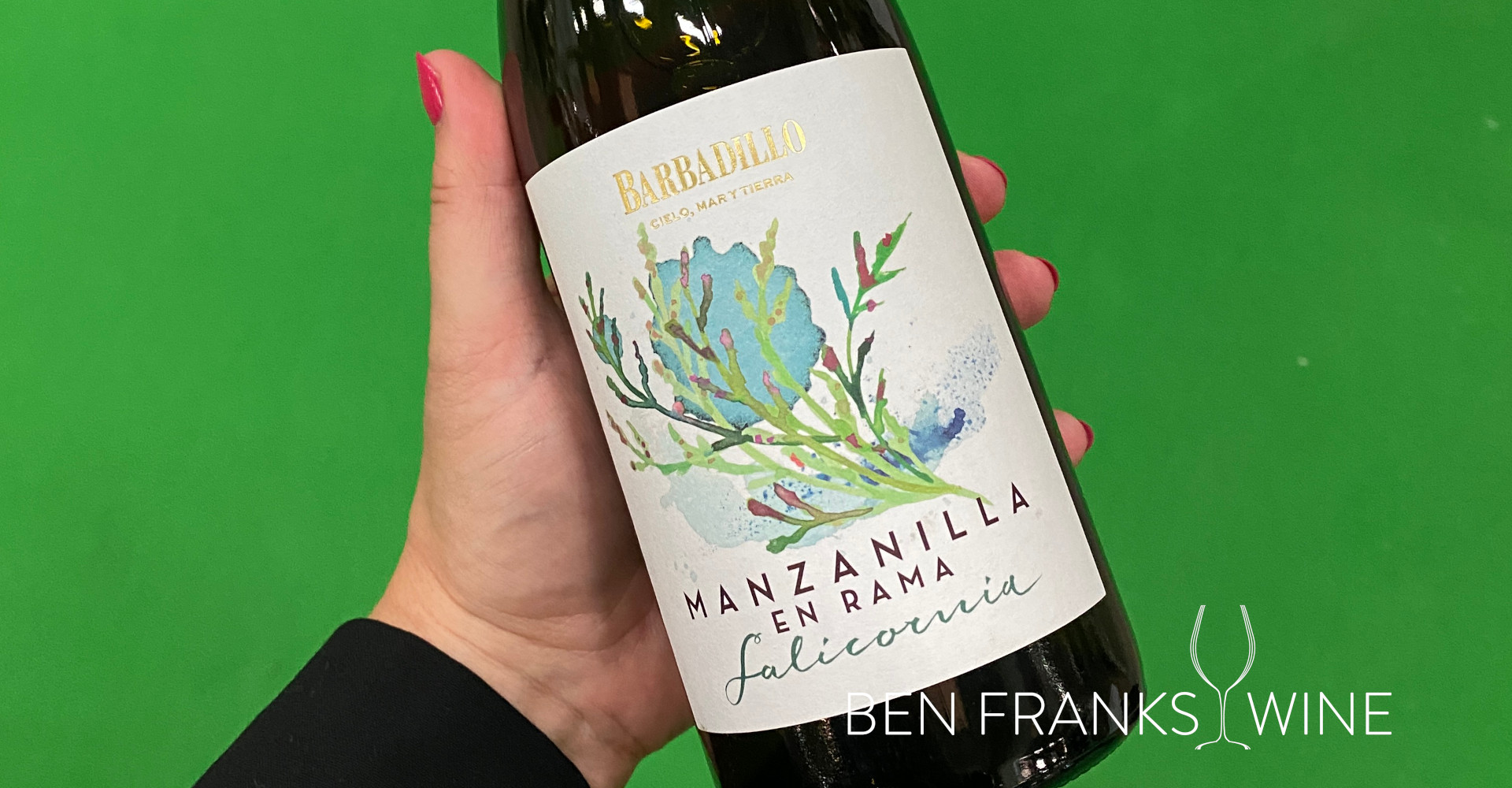
Barbadillo Manzanilla en Rama Salicornia
★ Good Wine Varietal Palomino from Sanlúcar de Barrameda, Spain. Part of a new range of certified organic sherries from well-known bodega Barbadillo in Sanlúcar de Barrameda. Salicornia is named after samphire, a common sea marsh plant on the Cádiz coast, and it has everything you want from a manzanilla, salty olive brine and bread dough notes with a lemon freshness. Perfect as an aperitif with olives and almonds or to accompany prawns or seafood.
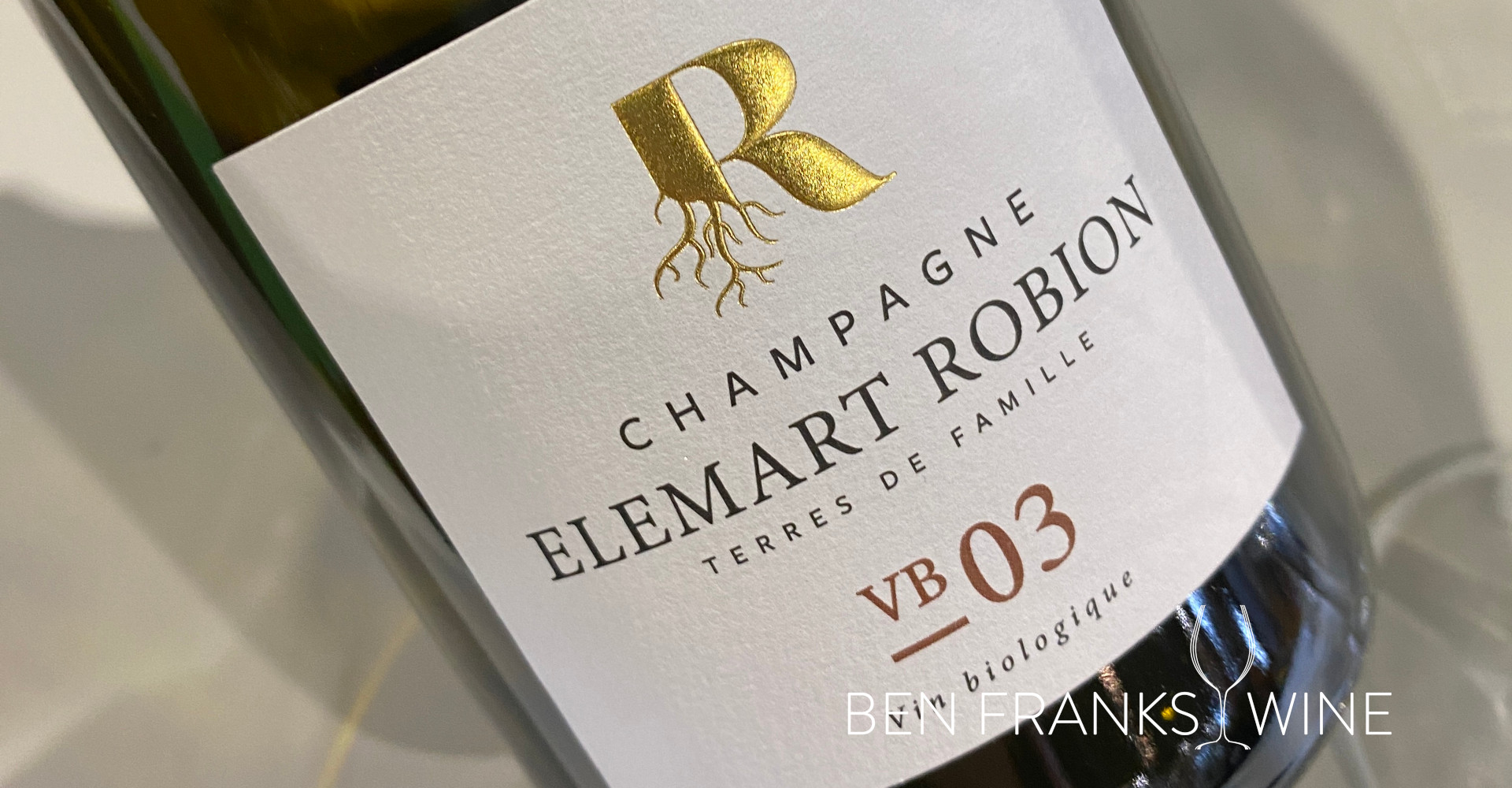
Champagne Elemart Robion VB03
★★ Great Wine 70% Meunier, 20% Chardonnay, 10% Pinot Noir from Champagne, France. This grower champagne is made in limited quantities but is well worth seeking out. Grown in the Ardre Valley to the west of the Montagne de Reims on clay-limestone and sandy soils, Meunier reigns here. The VB03 is extra brut with only 2g dosage and an elegant, lean minerality.
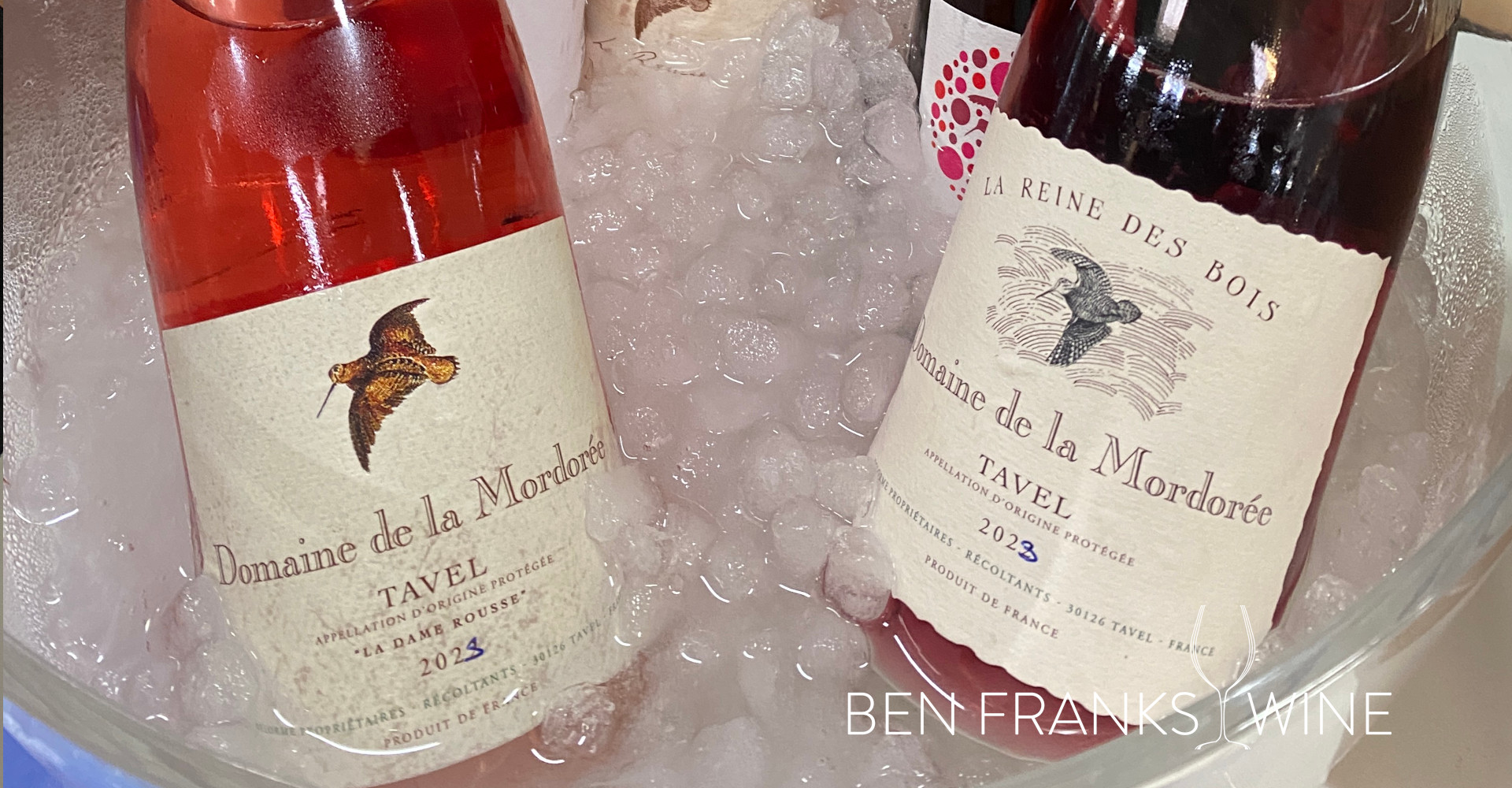
Domaine de la Mordorée La Reine des Bois Tavel 2023
★★★ Outstanding Wine Grenache, Syrah, Clairette & Cinsault blend from Tavel, Rhône Valley, France. An antithesis to the fashionably pale Provençal style rosés, Tavel wines are known for depth of colour and flavour, and this delivers in spades. Domaine de la Mordorée’s La Reine des Bois has been their flagship wine since the estate was founded in 1986. A dark cherry pink full-bodied but elegant wine holds layers of red cherries and sweet strawberries with aniseed and fennel notes.
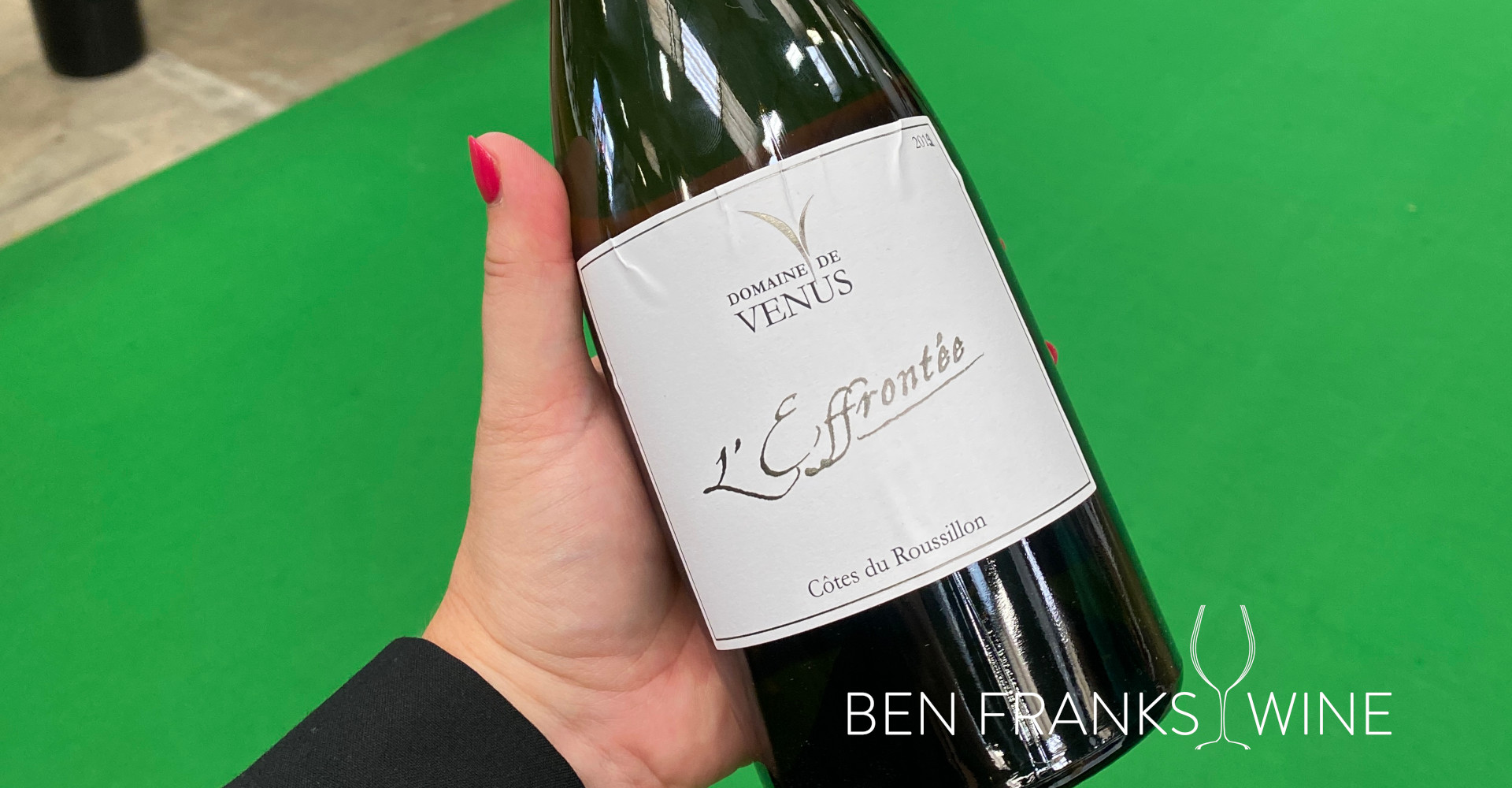
Domaine de Vénus L’Effrontée 2019
★★ Great Wine Macabeu, Grenache Blanc & Rolle blend from Côtes du Roussillon, France. Domaine de Vénus was founded in 2002 and now has over 40 plots at 300-500m close to the Pyrenees, where the Tramontana wind and altitude help keep freshness in the wines. This white blend of Macabeu, Grenache Blanc and Rolle has a stoniness and buttered popcorn on the nose, evolving into tropical and stone fruits on the palate.
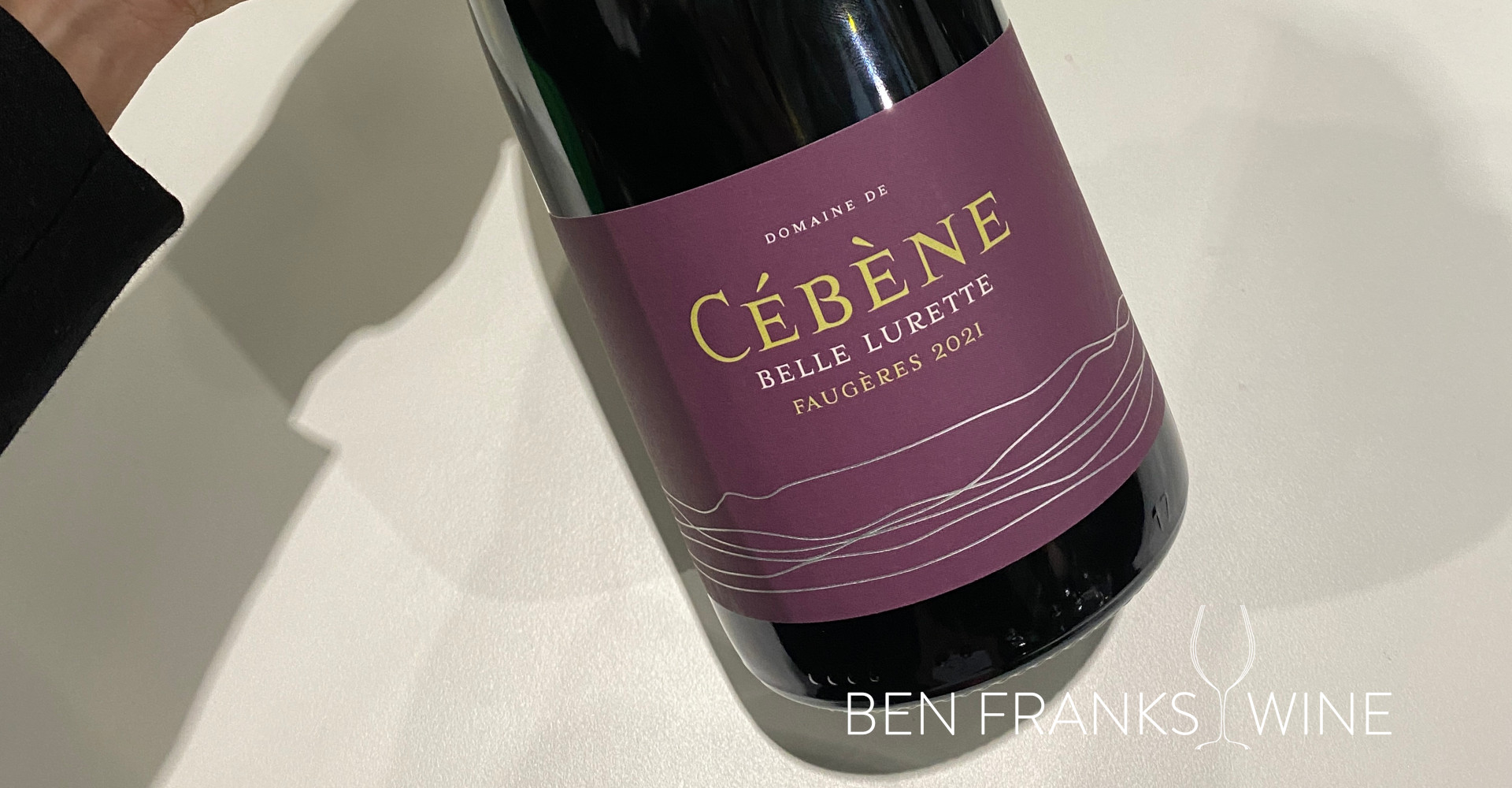
Domaine de Cébène Belle Lurette 2021
★★ Great Wine 80% Carignan with Mourvèdre & Grenache from Faugères, Languedoc, France. Old-vine champion Brigitte Chevalier is the owner and winemaker at Domaine de Cébène in the Languedoc. 75-year-old Carignan vines grown on schist soils are used in Belle Lurette, with north-facing slopes up to 300m bringing an elegance to this concentrated, dark-fruited and savoury wine.
—
What’s your opinion on organic wine? Any recent favourites? Share your picks in the comments below.
Images by Ellie Scott.

